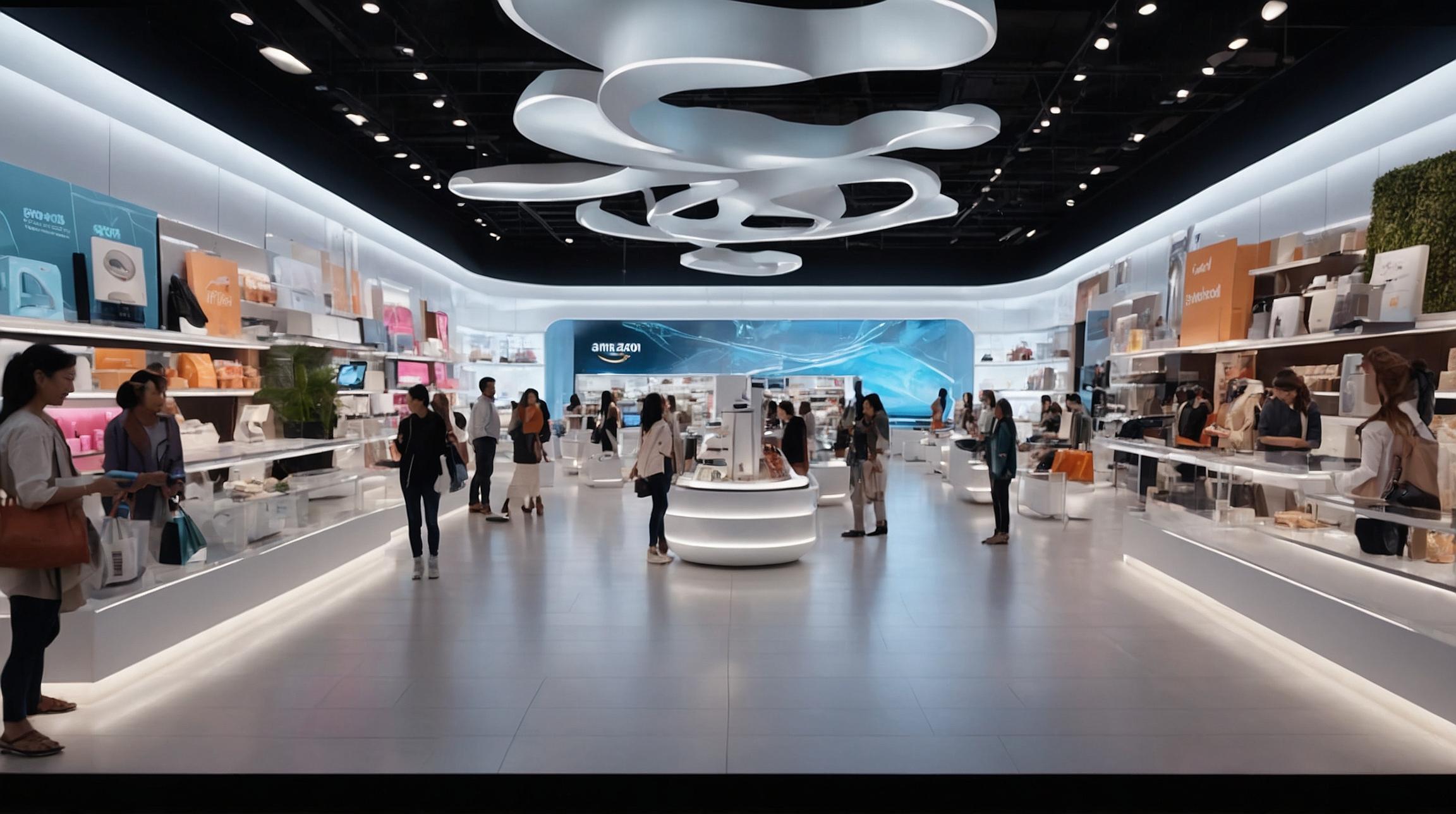Understanding Nordstrom's Take-Private Offer
Nordstrom Inc. is considering a move to return to its roots as a private company. This decision comes after a series of past missteps that halted its growth. The founding Nordstrom family and retail investor El Puerto de Liverpool are behind the offer to buy the remaining shares of the company for $23 per share, totaling $3.8 billion.
Is $23 Per Share a Fair Price?
According to Neil Saunders, managing director of retail at GlobalData, the offer is considered a "fair price" given Nordstrom's current market value. The special committee of the Board of Directors is tasked with reviewing this proposal to ensure it's in the best interests of all shareholders. They will likely evaluate the offer by comparing it to the value of similar companies and considering Nordstrom's future growth potential.
Historical Market Performance
Nordstrom's stock price has seen significant declines from its all-time high of $80 per share. The offer price is nearly a 30% premium over the year's starting price of $17.78. In 2018, a similar proposal was rejected at a price of around $50 per share. Since then, Nordstrom's net earnings have dropped by 76%.
Challenges and Opportunities for Nordstrom
Past Missteps
Nordstrom's past challenges include expansion projects that didn't yield expected outcomes, such as its unsuccessful venture into the Canadian market and the costly flagship store in New York. The company's delay in expanding its discount brand, Nordstrom Rack, also led to missed opportunities as competitors like TJX Companies gained traction in the off-price retail sector.
Current Retail Trends
Changing shopping trends have further impacted Nordstrom's position in the market. Consumers now prefer specialty retailers such as Lululemon and beauty giants like Sephora over traditional department stores.
Implications of Going Private
If Nordstrom goes private, it could make strategic decisions without the constant scrutiny of the public market. However, this move could limit its ability to access capital for expansion and reinvention.
Broader Industry Context
Expert Brooks Roach from Goldman Sachs highlighted the bifurcation trends in retail, noting that off-price and innovative brands are thriving, while traditional department stores face tougher times. This context supports Nordstrom's decision to consider a take-private path as it navigates these industry shifts.
The Family's Role and Future Outlook
The Nordstrom family has a long history of involvement in the company. With Erik Nordstrom currently serving as CEO, the focus is on returning to their heritage of customer service. Despite management challenges, the family's deep experience in retail could guide the company through its transition.
Ultimately, the move to go private might allow Nordstrom to realign its strategies in a rapidly changing retail environment, focusing on long-term growth rather than short-term market pressures.













